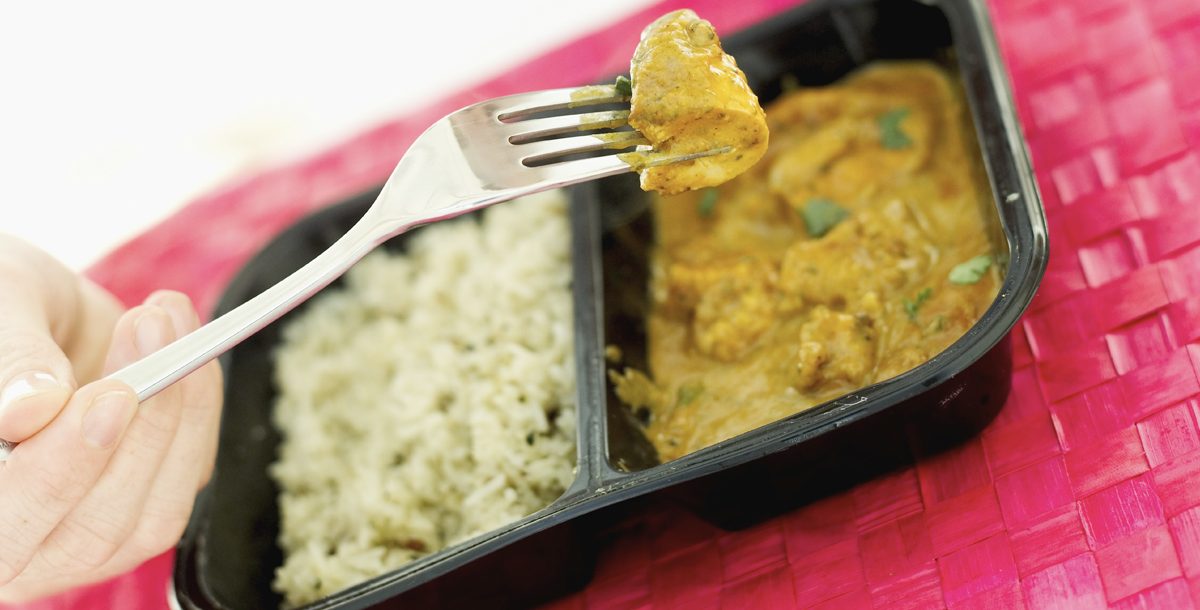Frozen diet meals are a convenient option when you don’t have the time, space or energy to cook a hot meal. They’re quicker and cheaper than take out. They require no special tools to prepare or serve. They don’t leave behind a mess on the counter or table.
This may seem too good to be true — and for good reason. For years, frozen dinners had a reputation as junk food filled with preservatives and weird textures that didn’t seem like real food. However, today’s frozen diet meals can be part of a healthy diet. That is, if you know what to look for.
The good
Frozen dinners have come a long way since the foil-covered TV dinners made popular in the 1950s. Supermarkets now carry a wide selection of dinners, including everything from breakfast sandwiches and burritos to rice bowls and pasta. In addition to favorite comfort foods, you can find meals designed for low-carb eating, vegetarian diets and calorie-restricted meal plans.
Incorporating frozen dinners into your diet makes it easy to control your portions. This is helpful if you’ve started cutting back your calories and are not sure about serving sizes. You also know exactly how much protein, fat and carbohydrates you’re consuming. Since they last for months in the freezer, you can keep a few on hand at all times. Then, you’ll be less tempted to order a pizza the next time you need a quick meal.
The bad
This doesn’t mean frozen meals are the perfect diet solution. Many of these meals contain way too much sodium. You can easily exceed one fourth of your recommended daily sodium intake in a single meal. These meals also have preservatives and unrecognizable ingredients that give them an odd odor and flavor.
Frozen dinners aren’t always an affordable option. The cheapest meals in the freezer case may not give you the balance of nutrients you want. You can sometimes prepare your own healthy meals without preservatives for a fraction of the cost. Not only would this give you complete control over what goes in your food, but you also can make enough for several healthy meals.
Tips for choosing a frozen meal
When shopping for a frozen dinner, look for the healthiest options. Read the label carefully and aim for balance.
Keep the following in mind:
- Avoid fried foods and sauces that come with excessive amounts of fat and sugar.
- Look for ingredients like lean protein, whole grains, legumes and vegetables.
- Pick meals that are high in fiber.
- Skip the meals loaded with sodium and ingredients you can’t pronounce.
You may need to try different brands and meals until you find the ones that taste best. Forcing yourself to eat a frozen meal that you don’t like is a waste of money and calories. If you’re not satisfied, you may find yourself eating something else later on, which defeats the purpose of buying a frozen diet meal.
Your diet is an important part of a healthy lifestyle. We are here to help you on your journey! Learn more about the clinical nutrition services offered at Mercy Health.






